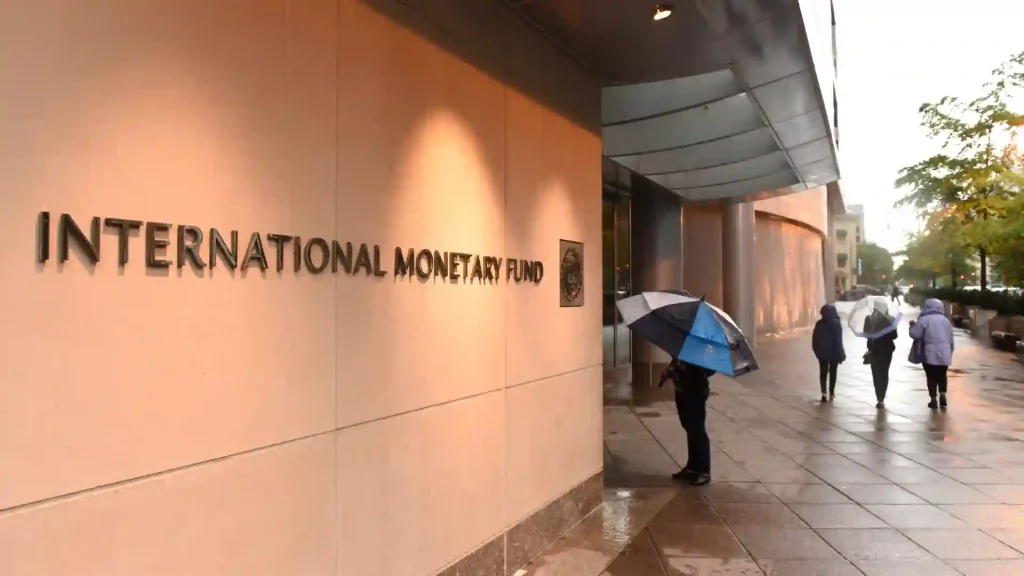Chancellor Kwasi Kwarteng’s critical tax-cut policies to kickstart economic growth faced compounding backlash from the IMF
The International Monetary Fund (IMF) warns the UK to expect high inflation levels to persist longer compared to other advanced economies. Chancellor Kwasi Kwarteng’s critical tax-cut policies to kickstart economic growth faced compounding backlash from the IMF, stating it would surge inequalities and push prices higher. The Fund suggested that PM Liz Truss “re-evaluate” the fiscal policy.
The unusual statement on the part of the IMF acted as an early warning signal for the economy. The so-called ‘mini-budget’ baffled the financial and consumer markets, spiking up the borrowing costs and commodity prices even more. The global economy is in inflationary turmoil, the highest in the past 40 years, due to the after-effects of covid-19 and the ongoing Russian aggression. However, the Liz Truss government’s assurance that the tax cut would subdue inflation boost investments, and aid job creation played out completely antithetical. The Bank of England intervened to purchase inflation-linked gilts from the market to stabilize the volatile condition in the UK bond market.
In July 2022, UK’s annual inflation stood at 10.1%, with a massive dependency on the import of gas along with a weakening value of Pound Sterlings. As per the IMF’s latest assessment, UK Consumer Price Index inflation is expected to peak at 11.3% before the end of the calendar year. Amidst the G7 nations, the UK is predicted to have the highest inflation by the end quarter of 2023, a fault largely attributable to the Chancellor.
The IMF noted Kwarteng’s fiscal package as “complicating the fight against inflation.” The Fund’s UK forecast projected slower economic growth, with the rate slipping from 7.4% in 2021 to 3.6% in 2022. The CPI Inflation rate is to remain as high as 6.3% by the end of 2023.
The IMF reckons that “the worst is yet to come” as there is no sign of subduing prices in the near future across the globe.” For many people, 2023 will feel like a recession”, it stated. Global interest rates are rising, and the dollar is strengthening, creating grappling pressure on the UK.
Soaring energy and fuel prices and heightened cost of living have hit consumers. Domestic gas prices have gone up by 96% and electricity prices by 54% within one year. 87% of adults in the UK reported an increase in their cost of living between August-September 2022. Wages are not keeping up with the sparring inflation.
Truss defended her government, stating all the effects were a sheer outcome of the ongoing Ukraine intrusion but eventually took a ‘U-turn’ to reverse the stated tax regimen after it started turmoil in the financial market. Truss ousted Kwarteng, appointing Jeremy Hunt as the Chancellor amidst economic turmoil.
UK house prices have hit a record high in the thick of high mortgage interest rates, as prices have escalated by 0.9% this month, with the average asking price on the property being £371,158, as per Rightmove. The shortage of property for sale is also triggering the price rise.
The IMF reckoned the importance of fiscal and monetary policies of an economy to move in line with each other. The Fund’s chief economist Pierre-Olivier Gourinchas explained, “It would be like having two people in a car, each of them with a steering wheel, trying to steer the car in different directions.”
IMF published new growth rate stats for the UK, following Kwarteng’s £45bn of unfunded tax cuts, stating a 0.3% rate in 2023 as compared to the previously forecasted 0.5%
